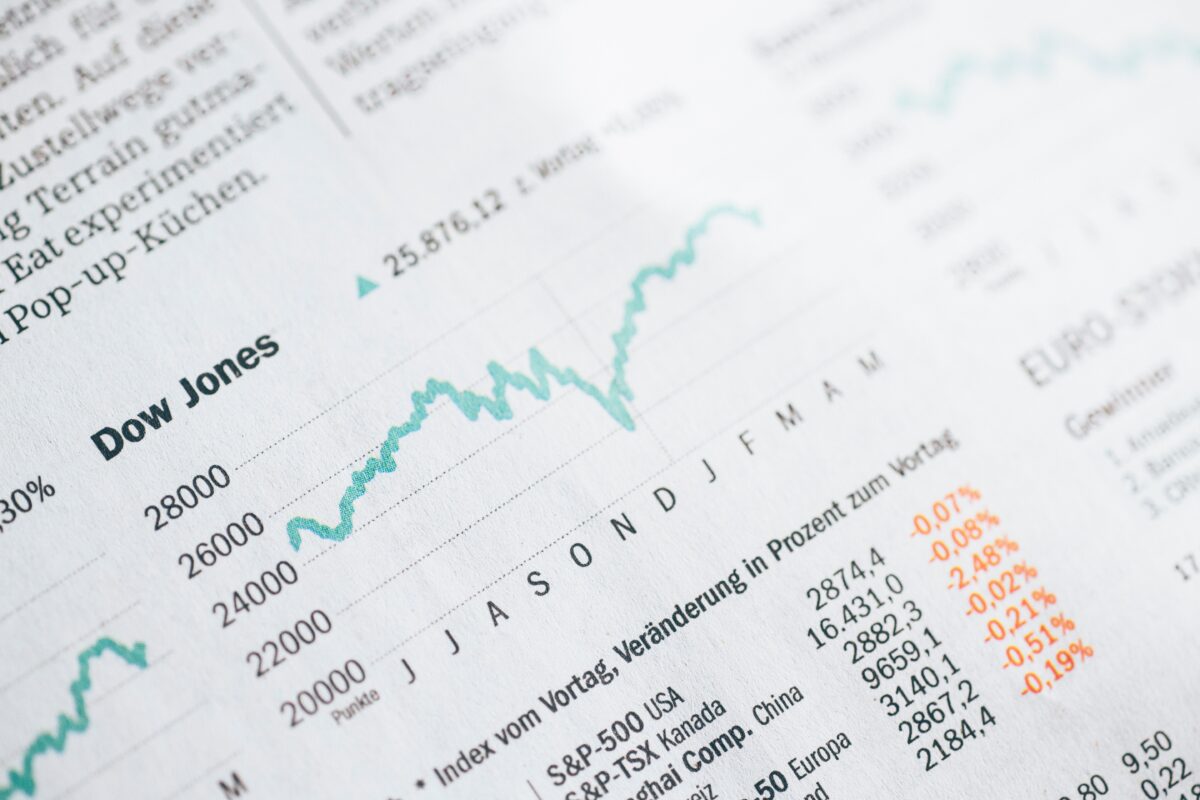
There are all sorts of ways to construct an index. Equal weighting has its fans. Alternatively you can weight by factors — size, value and so on. If you really wanted to, you could build an index of listed companies with female chief executives, or whose names begin with a vowel. But despite all the possible permutations, one type of index continues to hold sway: the market-cap-weighted index. Why should this be? And for those who invest in index funds, what are the advantages of market-cap weighting? CRAIG LAZZARA explains.
Journalists and others occasionally offer comparisons of capitalisation-weighted index funds with other weighting schemes. Some of these efforts are more useful than others. None, however, in my experience, addresses the question that cap-weighted indices were initially designed to answer, and which accounts for their enduring economic significance.
That question is, simply put: What is the total value of the stock market?
It’s simple
If we want to compute the total value of any stock market, the procedure is simple: for each company in the market, multiply shares outstanding by price, and add up the individual results. We can make the calculation as often as we like (or as often as our computational powers permit).
By comparing values at two different periods, we can derive the market’s return; dividing Tuesday’s market value by Monday’s market value tells us Tuesday’s return. This is mathematically equivalent to multiplying each individual stock’s return by its beginning weight.
In other words, the percentage return of a market-cap-weighted index tells us the percentage change in the aggregate value of all the stocks in the index.
Unique importance for economists
No other weighting scheme produces this result. The percentage return of an equally weighted index, for example, tells us the return of the average stock, but not the change in the value of the entire stock market.
Factor and thematic indices likewise have many uses, but are not particularly useful in telling us anything about the value of the entire market.
Capitalisation-weighted indices thus have a unique importance for economists; the S&P 500®, for example, is a leading indicator of the performance of the U.S. economy.
Advantages for investors
None of this discussion has anything to do with index funds, and of course indices were used for economic analysis long before they became the basis for financial products.
Serendipitously, however, several attributes of market-cap-weighted indices make them particularly useful as the basis for index funds. The most important of these is that market-cap-weighted index funds are relatively easy (and cheap) to maintain. Unless the underlying index changes, a properly constructed cap-weighted index fund is not required to trade. Changes in the value of index components are exactly reflected in the value of the fund. Other popular weighting schemes (e.g., equal weighting or factor weighting) inherently require more turnover.
In part because cap-weighted indices don’t require much trading, in part because they can represent an entire economy rather than simply one aspect of it, and in part because we can’t all be above average, cap-weighted indices also continue to be demonstrably hard to beat.
The popularity of market-cap-weighted indices is not arbitrary or inexplicable. We live in a capitalisation-weighted world, and cap-weighted indices are a reflection of that reality.
CRAIG LAZZARA is Managing Director and Global Head of Index Investment Strategy for S&P Dow Jones Indices.
This article was first published on the Indexology blog.
For more valuable insights from our friends at S&P Dow Jones Indices, you might like to read these other recent articles:
A wasted opportunity for Australia’s fund managers
Active or passive — which is more volatile?
How long do top-quartile funds stay there?
Three hundred and twenty billion dollars
US fund managers flopped in the crisis
92% of Canadian fund managers underperformed in 2019
Does adjusting for risk make active performance any better?
PREVIOUSLY ON TEBI
Here are some other recent posts you may have missed:
For every buyer there must be a seller
Getting comfortable with your enough
Always confident but often wrong
CONTENT FOR ADVICE FIRMS
Through our partners at Regis Media, TEBI provides a wide range of content for financial advice and planning firms. The material is designed to help educate clients and to engage with prospects.
As well as exclusive content, we also offer pre-produced videos, eGuides and articles which explain how investing works and the valuable role that a good financial adviser can play.
If you would like to find out more, why not visit the Regis Media website and YouTube channel? If you have any specific enquiries, email Sam Willet, who will be happy to help you.
Picture: Markus Spiske via Unsplash










